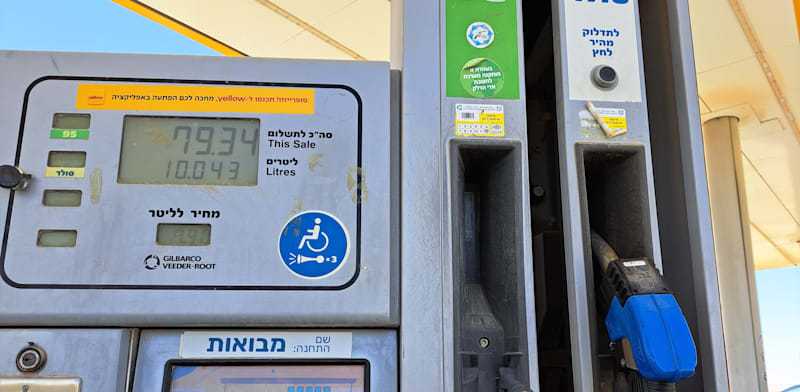In the three months ended September, Berkshire sold about $12.4 billion worth of equities while purchasing only $6.4 billion, according to Barron’s report. That made the company a net seller of $6 billion, continuing the stance seen during the past few quarters.
Despite Buffett’s long-standing reputation as a long-term value buyer, Berkshire’s restraint has persisted for three years now. The company has sold more stocks than it bought every quarter since 2022, suggesting a sustained defensive mindset. The last time Berkshire sat on such a mountain of cash was during the early pandemic years.
Adding to the caution, Berkshire did not repurchase any of its own shares for the fifth consecutive quarter. The absence of buybacks — once a favoured tool for deploying excess cash — signals that Buffett, and soon-to-be CEO Greg Abel, see limited near-term upside in the company’s valuation.
“If you feel like stocks are expensive, including your own shares, you’re eventually going to be right, but you can be wrong for a long time,” Edward Jones’s James Shanahan told Reuters.
Still, the quarter was far from weak. Operating profit surged 34% year-on-year to $13.49 billion, beating forecasts, while net income climbed 17% to $30.8 billion, helped by lower insurance losses and currency gains.Berkshire’s Geico car insurance unit posted higher costs, likely due to increased advertising, but its BNSF railroad business saw profit rise 6%, benefiting from lower fuel prices and better efficiency. The energy arm, however, suffered a 9% drop in profit, weighed down by legal expenses tied to wildfires and cost overruns in its utilities operations.Berkshire’s decisions on cash and stocks are being closely read as clues to its view on markets. The company’s equity portfolio — valued at about $283 billion — remains anchored by big holdings, both of which have delivered outsized returns over the years. But the steady selling streak suggests Buffett’s team sees limited value in the current market rally, especially with US interest rates still elevated and earnings growth uneven.
This quarter also comes close on the heels of a symbolic shift at Berkshire. At 95, Warren Buffett is set to hand over the CEO reins to Vice Chairman Greg Abel, who will take charge at year-end while Buffett stays on as chairman. Abel, 63, is viewed as a more hands-on operator, and investors are watching how he will manage Berkshire’s vast liquidity.
The firm has already committed $9.7 billion to buy Occidental Petroleum’s chemical unit, a rare large-scale purchase, but beyond that, the question of how to deploy the company’s cash hoard looms large. Some expect Abel might eventually consider Berkshire’s first dividend since 1967, though no such plan has been confirmed.
Berkshire’s reluctance to spend even during a market rally could reflect deep caution, not just about valuations but about the durability of the US expansion.
(Disclaimer: Recommendations, suggestions, views and opinions given by the experts are their own. These do not represent the views of The Economic Times.)

























